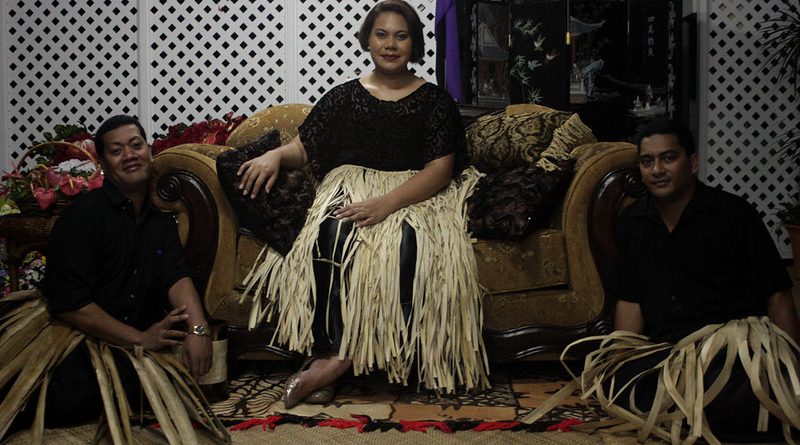The Fakaleitis of Tonga
Meet Tonga’s third gender- Fakaleitis
Men who act as women.
They illustrate, that gender is not rooted in sex
Tonga’s Fakaleitis are men who live their lives as women. They “perform tasks such as household duties, work in the fields with other women, dress as women, and offer sex to men”
In the rural areas, they perform the domestic duties, such as cleaning, cooking, laundry, and child-caring. In urban areas, they choose “women’s jobs” such as being secretaries, domestic workers, hairdressers, etc.
Although it is stereotyped that fakaleitis wear women’s clothing, they usually wear men’s or gender- neutral clothing on a day to day basis, and only dress up in women’s clothing and makeup for special occasions. they do have sexual relations with men- because they consider themselves women, the only logical thing for them to do is have sex with “straight” men.
Fakaleitis love everything beautiful, graceful, classy. English has become to be seen as “having feminine undertones”, and fakaleiti take great measures to learn and use the language on a day to day basis. It is said that the way to identify a fakaleiti is through the voice, which would be high-pitched, with exaggerated emotions- like a woman’s. Because fakeleitis consider themselves women, their social status is that of women. Which is below than that of a man’s.
Presently, it is estimated that there are about 300 Fakaleitis living in Tonga
It is said that families that found themselves in need of a daughter but had none could choose one of their sons to be raised as a Fakaleiti. Therefore, since the fakaleiti status can be “assigned” instead of chosen, the sexual orientation does not necessarily come from that status. Fakaleiti does not equal homosexual- there is a separation between gender and sexual orientation. There are fakaleiti who do not sleep with men, but because of their femininity, they are assumed to be homosexual.




